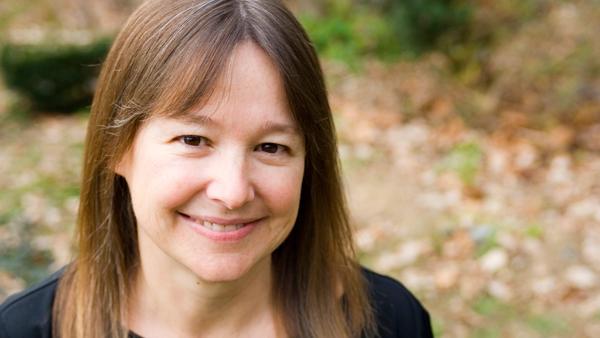Whether they’re dog-eared, tattered with small rips or in perfect condition, books can reveal the personality of the reader. Anne Fadiman, adjunct professor of English at Yale University, will discuss the intimate and personal relationships readers build with their literary material, from paperbacks to e-books, in her presentation titled “Using Bacon as Bookmarks: How Readers Treat Their Books” on Nov. 13 in Emerson Suites.
From a childhood surrounded by literature and prose, Fadiman’s love for novels runs generations deep. An acclaimed author, Fadiman won the National Book Critics’ Circle Award for her book “The Spirit Catches You and You Fall Down.” She also wrote two collections of essays, “Ex Libris: Confessions of a Common Reader” and “At Large and At Small: Familiar Essays”.
In addition to her talk, Fadiman will participate in a question-and-answer session with Catherine Taylor, professor of writing at Ithaca College, in Taylor’s Writers’ Workshop class to discuss “Under Water,” an essay from her book “At Large and At Small,” which is about witnessing a drowning at age 18.
Contributing Writer Meredith Tooker spoke with Fadiman and discussed her upcoming lecture, the future of books and her personal library.
Meredith Tooker: What drew you to investigate the treatment of books?
Anne Fadiman: The idea of how people physically treat their books has interested me for a long time because I own so many books. Everyone in my house owns lots of books, besides the dogs. I’ve always been interested in whether people treat their books reverently — they wouldn’t dream of writing in them or even turning down a page — or the opposite. I’m the opposite.
MT: Have you found any peculiarities in the way that people handle different books or genres, or in how the treatment of the book reflects how a person feels about the book itself?
AF: I have written on the general topic in an essay in my book, “Ex Libris.” I have been thinking about this idea for a long time. I think that there are good arguments for belonging to either of the spectrum. Genuine book lovers are found on either end of the spectrum. But, of course, in order to belong to either end of the spectrum, you actually have to have a printed book in your hand.
MT: On that subject, how do you feel about e-books and the rise of the Age of Technology?
AF: This is actually one of the central topics of my talk. I’m going to be ending with that subject, and, although much of the talk is lighthearted, and I try to find as many funny examples as I can on the idea of what one could call “book abuse,” I actually have rather serious thoughts about what we would lose if the printed book were to disappear.
MT: In “Ex Libris,” you speak of how you didn’t feel as if you and your husband were united until you had combined libraries. How many books do you think you own within your household?
AF: Oh gosh, by now it’s probably 3,500, maybe 4,000. We haven’t counted them yet … there may be more. That’s kind of an insane number, but it doesn’t seem to insane to me because my parents had about 6,000.
MT: What can students and staff expect from your presentation?
AF: Well, I hope that they’ll laugh once or twice. I don’t hope that they will go home and throw away their Kindles. But I do hope that they will go home and pick up a book and not only enjoy reading it, but enjoy holding it. Enjoy sniffing it. Enjoy the feel of the pages. Enjoy the kind of sensual relationship that one can only have with a physical book.





